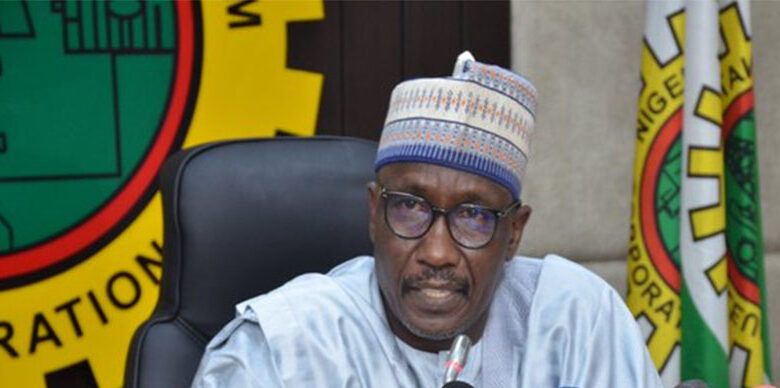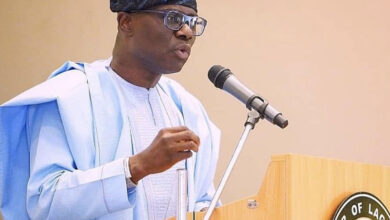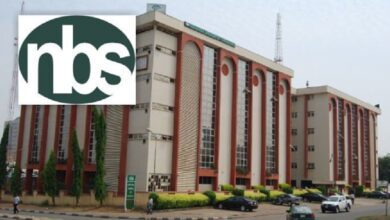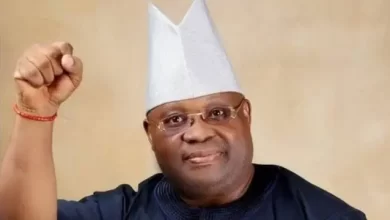NNPCL Raises Petrol Price Again, Sets New Rate At N1,060 Per Litre

Barely three weeks after the last price increase, the Nigerian National Petroleum Company Limited (NNPCL) has once again raised the pump prices of Premium Motor Spirit (PMS), sparking national outrage and concerns over inflation and economic hardship. In Abuja, petrol now sells for N1,060 per liter, up from N1,030, while in Lagos, prices have jumped from N998 to N1,025 per liter. Civil society groups, the Organised Private Sector, and average Nigerians are expressing frustration as the price hikes exacerbate an already challenging economic environment.
Economic experts are particularly worried, as Nigeria’s inflation rate hit a 28-year high of 34.2% in June. The latest hike is part of the government’s deregulation policy, which removes subsidies and allows market dynamics to dictate fuel prices. Although the NNPCL has not released an official statement about the current increase, signs of a potential hike emerged in mid-September when the NNPCL began sourcing petrol from the Dangote Refinery at N898 per liter. However, Aliko Dangote, head of the refinery, questioned the pricing claims, urging NNPCL and marketers to prioritize locally refined fuel over imports to reduce costs.
The Dangote Refinery, a $20 billion facility with a daily capacity of 350,000 barrels, was expected to stabilize Nigeria’s fuel market. Instead, prices have steadily increased since the May 2023 subsidy removal, leaving analysts and Nigerians alike puzzled, especially since international crude oil prices recently declined to $72 per barrel from $78. Billy Gillis-Harry, President of the Petroleum Retail Outlets Owners Association, suggests that market volatility and exchange rate fluctuations play a significant role. He emphasized the need for a stabilization fund to offset fuel prices, as the association awaits a potential upward price adjustment from NNPCL.
Business leaders like Segun Kuti-George, National Vice President of the Nigerian Association of Small-Scale Industrialists, warn that these hikes are unsustainable for businesses, leading to rising production costs, transportation expenses, and a surge in food prices. The National President of the Nigerian Association of Chambers of Commerce, Dele Oye, echoed this sentiment, urging the government to address the persistent naira depreciation, which negates the benefits of falling global oil prices. Oye stressed the need for policies that stabilize the naira, as unchecked inflation and rising costs are eroding purchasing power and affecting all sectors.
Muda Yusuf, Director of the Centre for Promotion of Private Enterprise, also highlighted the government’s responsibility in managing fuel and currency volatilities. He urged a balanced approach in economic reforms, with social considerations integrated alongside fiscal objectives to prevent widespread hardship. Civil Society Legislative Advocacy Centre’s Auwal Musa Rafsanjani similarly called for anti-corruption measures and suggested taxing the wealthy to relieve the economic burden on the most vulnerable. Rafsanjani criticized the government for eliminating subsidies without adequate support measures, as is common in other oil-producing nations.
On social media, Nigerians shared their frustrations over the frequent hikes. Users like Godwin Onoghokere and Jeremiah Adamu lamented the economic strain, while others like Makyur Benjamin suggested boycotts of fuel stations. As living costs continue to rise under the deregulation policy, Nigerians are feeling the pressure of increased fuel prices on top of already strained household budgets.



